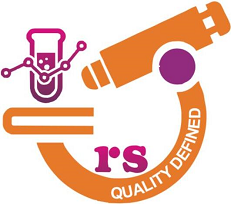support@rsdiagnosticcentre.in
Phone : +918147282686
URINE CULTURE TEST IN YELAHANKA

Urine culture tests are diagnostic tests used to detect and identify bacteria or other microorganisms in the urine to diagnose urinary tract infections (UTIs). These tests help determine the type of bacteria causing the infection and guide appropriate treatment. Urine culture tests involve collecting a urine sample and culturing it in a laboratory to allow any bacteria present to grow. The bacteria are then identified, and the healthcare provider can determine the most effective antibiotic for treatment based on the results. During a urine culture test, a clean-catch urine sample is typically collected in a sterile container. The sample is then plated onto special agar plates and incubated for a period of time to allow bacterial growth. After incubation, the colonies of bacteria that have grown are identified using various biochemical tests or automated systems. The results provide information about the type of bacteria present, as well as their susceptibility to different antibiotics, helping healthcare providers choose the most appropriate treatment. During a urine culture test, a clean-catch urine sample is typically collected in a sterile container. The sample is then plated onto special agar plates and incubated for a period of time to allow bacterial growth. After incubation, the colonies of bacteria that have grown are identified using various biochemical tests or automated systems. The results provide information about the type of bacteria present, as well as their susceptibility to different antibiotics, helping healthcare providers choose the most appropriate treatment.
Tag
URINE CULTURE TEST IN YELAHANKAR S DIAGNOSTIC CENTRE IN YELAHANKABEST LAB NEAR ME 'ECG CHECKUP SERVCIES IN YELAHANKAEnquiry
Get in touch
R S DIAGNOSTIC CENTRE.All Rights Reserved © 2025








